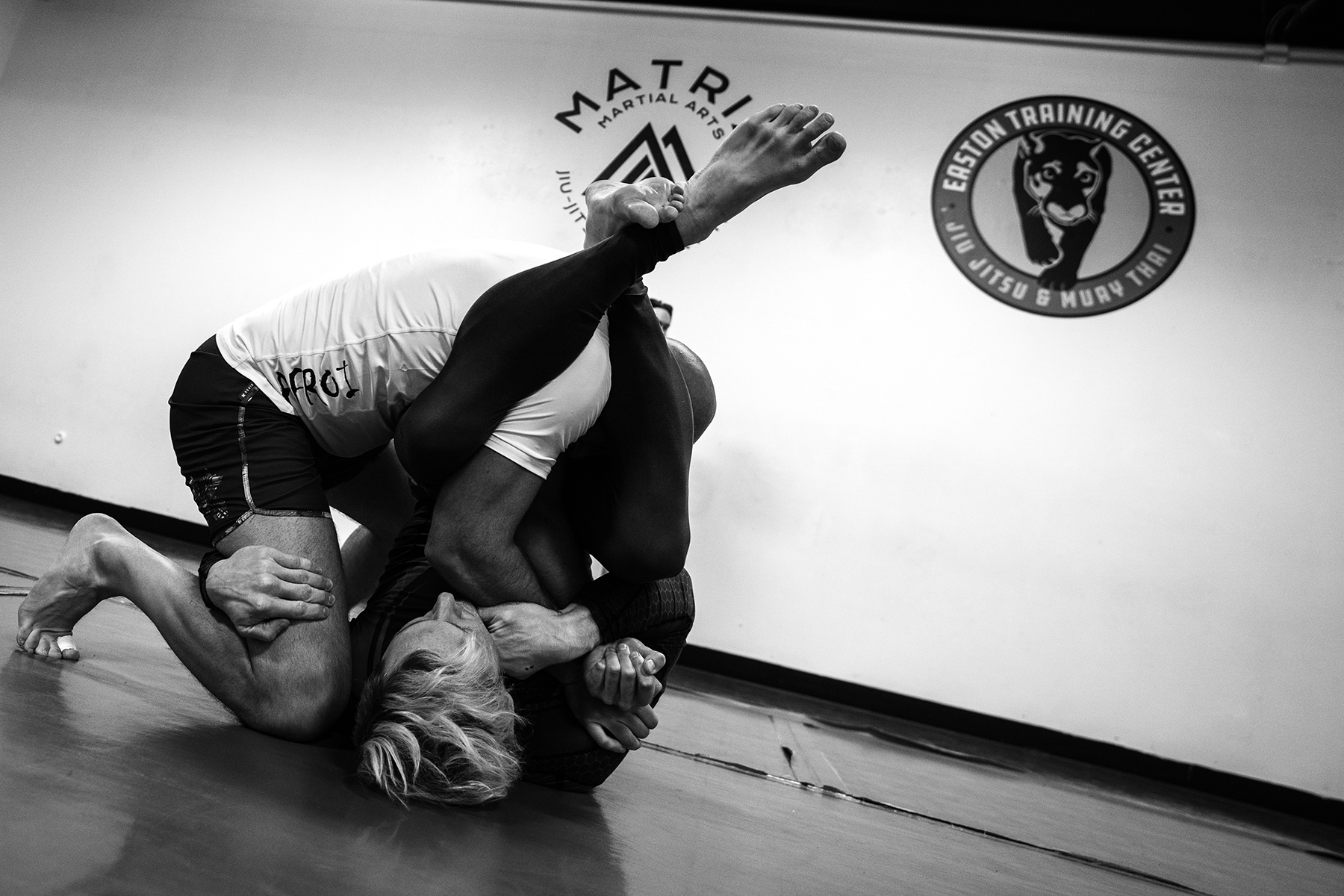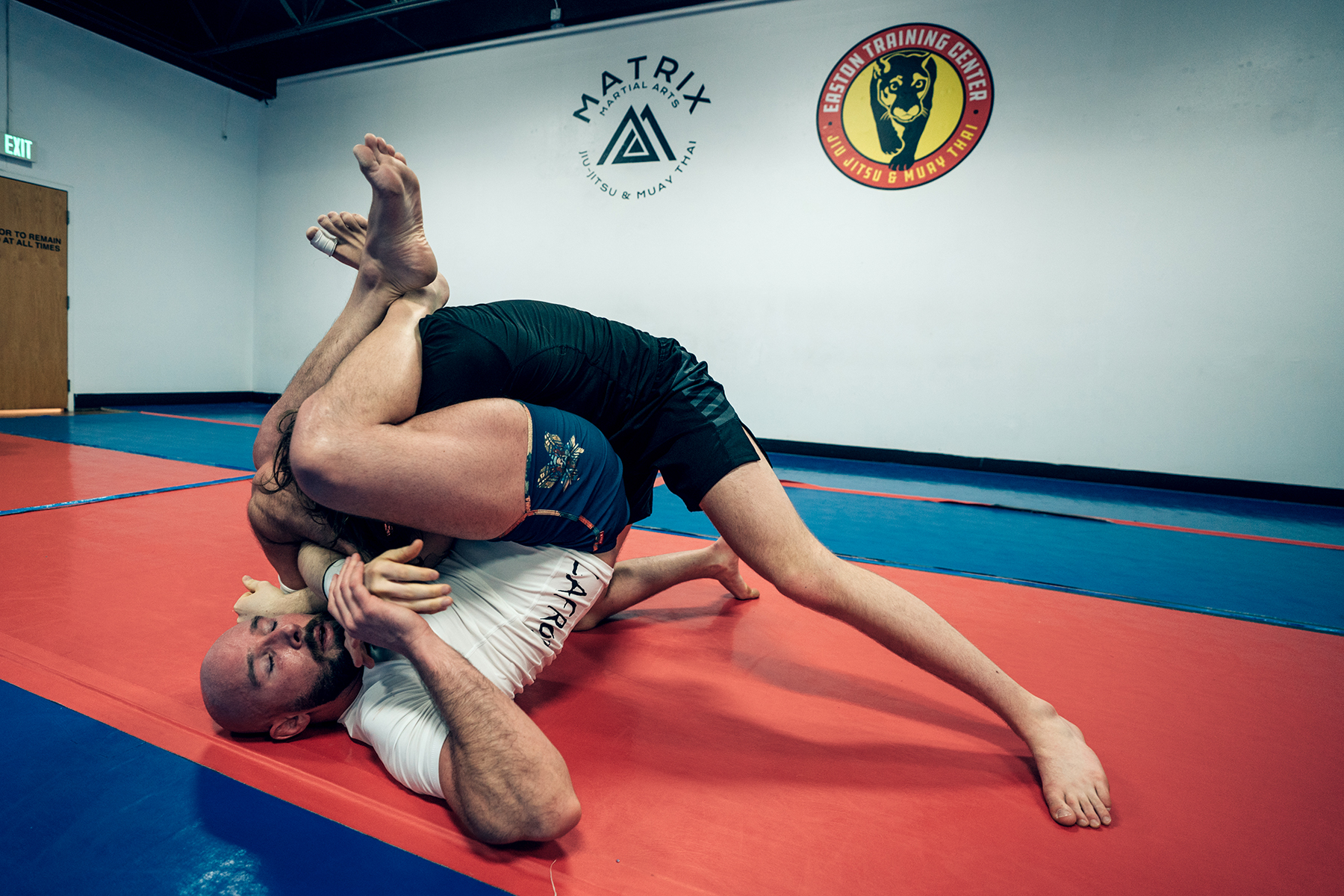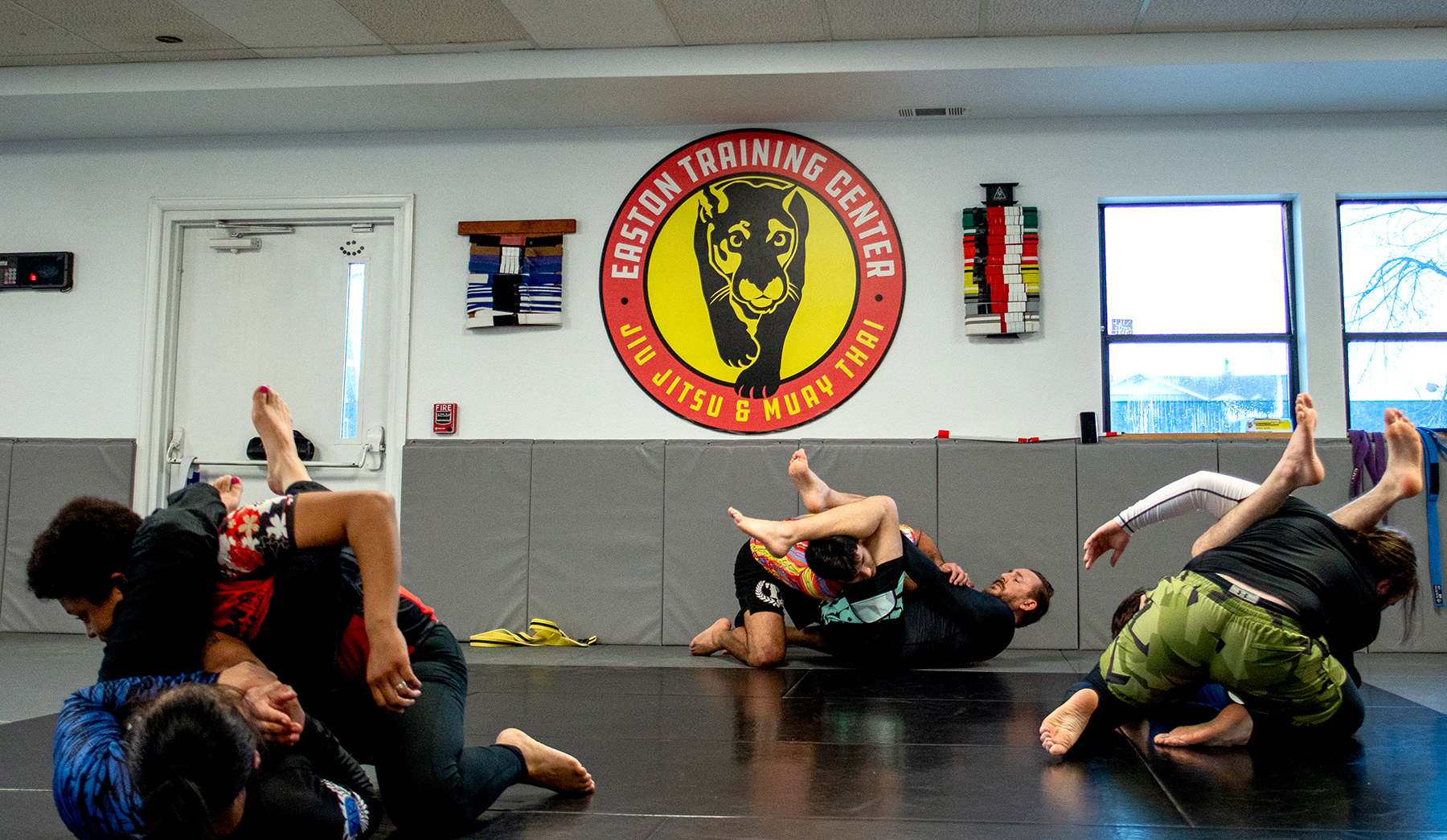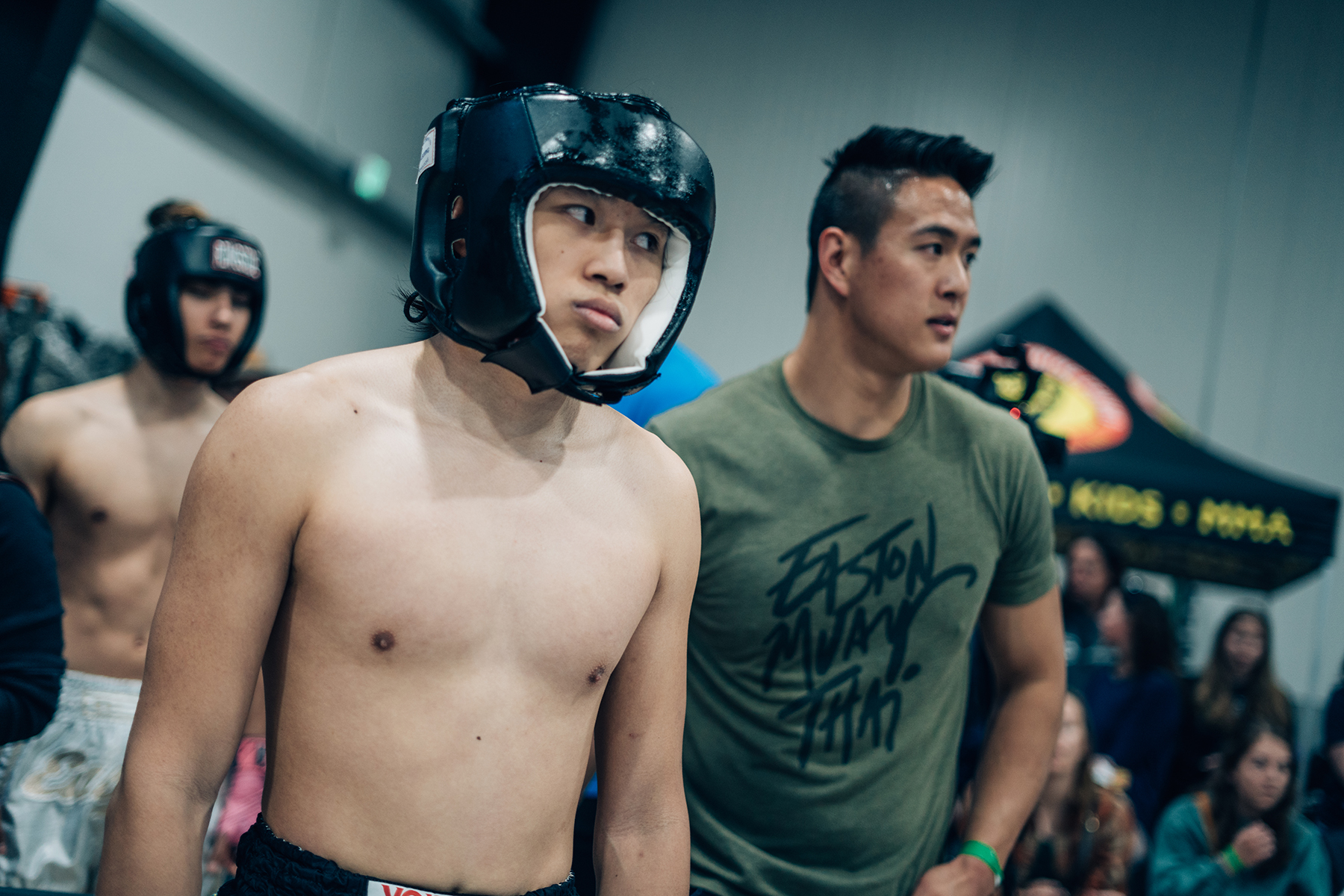If you want to move like water and demand a higher level of training on the mat, you need to prioritize flexibility.
Crucial to executing techniques, preventing injuries and maintaining overall health on the mats, flexibility can make all the difference. Whether you’re a seasoned practitioner or just starting, improving your range of flexibility can enhance your performance. To help increase your flexibility and mobility we put together a comprehensive guide so you can reach your goals.

Understanding the Importance of Flexibility in BJJ
Flexibility plays a significant role in BJJ for several reasons:
Technique Execution
Many BJJ techniques require a wide range of motion. Improved flexibility allows you to perform techniques more effectively.
Injury Prevention
Increased flexibility can help prevent common BJJ injuries, such as muscle strains and joint sprains, by allowing your body to move more freely and absorb impact better.
Recovery
Better flexibility aids in post-training recovery, reducing muscle soreness and stiffness.
Balance and Control
Greater flexibility enhances your balance and control, essential for executing and countering techniques.
[Why You Want Active Recovery In Your Life]

Tips for Increasing Flexibility
Consistent Stretching: Regular stretching is key. Focus on both dynamic stretches (moving stretches) and static stretches (holding stretches) to improve flexibility and range of motion. Check out our post on 4 stretches to try on your next rest day if you need some inspiration.
Targeted Stretches for BJJ: Concentrate on stretches that specifically benefit BJJ movements, such as hip stretches (for guard work), shoulder stretches (for mobility and defense), and back stretches (for bridging and escaping).
Utilize Yoga: Yoga can significantly improve flexibility, balance, and core strength, all of which are beneficial for BJJ. Consider adding a yoga routine to your training regimen.
Foam Rolling + Mobility Work: Foam rolling and mobility drills can help release tight muscles and improve joint mobility, aiding in overall flexibility.
Listen to Your Body: Avoid pushing yourself too hard, especially when starting. Respect your body’s limits and gradually increase the intensity and duration of your stretching routine.
Stay Hydrated and Eat Well: Proper hydration and nutrition support muscle health and flexibility. Ensure you’re adequately hydrated and consuming a balanced diet to aid in your flexibility journey.
Rest and Recovery: Allow your muscles to recover adequately after stretching sessions and BJJ training. Rest is crucial for muscle repair and growth, which can contribute to improved flexibility over time.
[Recovery Techniques for Athletes: Rest, Sleep and Injury Rehab]
Incorporating Flexibility Training into Your BJJ Routine
To maximize the benefits of flexibility training for BJJ, incorporate it into your regular routine. Here’s a sample weekly plan:
- Daily Dynamic Warm-up: Perform a dynamic warm-up before each BJJ session to prepare your muscles for training and improve flexibility gradually.
- Post-training Static Stretching: Dedicate 10-15 minutes after each BJJ session to static stretching, focusing on areas specific to BJJ movements.
- Yoga or Mobility Sessions: Include 1-2 yoga or mobility sessions per week to improve overall flexibility, balance, and core strength.
- Rest and Recovery Days: Allow for 1-2 days of complete rest or light activity to promote muscle recovery and prevent overtraining.
By incorporating regular stretching, yoga, and mobility work into your training routine, you can enhance your flexibility, improve your BJJ skills, and enjoy a healthier, more fulfilling martial arts journey. Remember, flexibility is a journey, so be patient and consistent in your efforts, and you will see improvements over time.

Elevate Your Recovery: Essential Stretches for Brazilian Jiu-Jitsu Athletes






